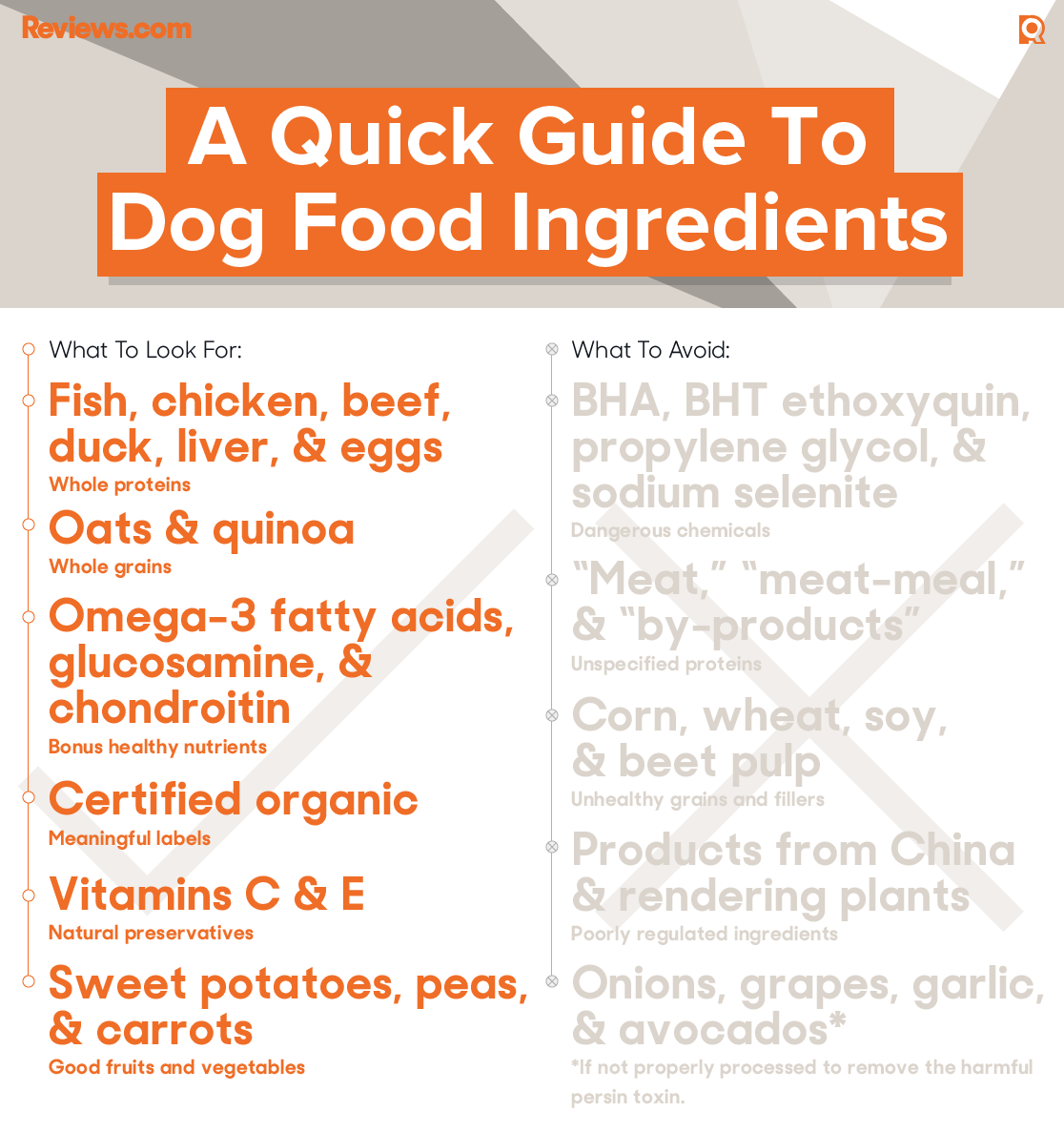
This post may contain affiliate links. We are compensated for referring customers to our affiliate partners.
Senior dog nutrition is a very important part of keeping your beloved older dog healthy and happy. However, just grabbing a bag of ‘Senior Dog Food’ is not going to cut it.
While all elderly dogs are old, they will still have a unique range of activity levels, weight ranges, and other health conditions that need to be considered. Not to mention that different dogs age differently. For example, a large dog can be considered a ‘senior’ by age 7, but a small dog can still be in their prime until around age 10 to 12.
In order to keep your senior dog in tip-top shape, you need to make sure your dog is getting everything they need and nothing that they do not need in order to maintain proper senior dog nutrition.
Senior Dog Nutrition – Myth vs. Truth
Before we get started, there are a few senior dog nutrition and food myths that need to get busted.
Myth 1 – Senior dogs need a low-calorie diet
If your dog has been packing on the pounds or is already overweight, then a low calorie diet may be just the right move to take. However, not all dogs gain weight as they get older. If your dog is and has been at a perfectly healthy weight then putting them on a low-calorie diet is unnecessary.
Myth 2 – Senior dogs require a low-protein dog food formula
Not only is this one not true, but it is actually quite the opposite. As your dog gets older, they will most likely need more protein in their diet than before. This is due to protein’s ability to build and maintain muscle, strengthen your dog’s immune system, and support their central nervous system.
Myth 3 – Senior dogs benefit from dog foods with additional supplements
This can sometimes be true, but not always. This is because the value of the supplement will depend on the manufacturing process of the food as well as how much of it has actually added to the food in question.
Myth 4 – Senior dogs need a low-fat diet
Older dogs will only need to have a low-fat dog food if they have specific health issues such as being overweight or having a type of pancreatic disease. Certain heart conditions may also lead your vet to recommend a low-fat diet for your dog, but not necessarily.
Choosing The Best Food For Optimal Senior Dog Nutrition
There aren’t really any official guidelines for dog foods that are marketed as being for senior dogs. For this reason, it can be hard to know what to look for when it comes to food for your older dog, but here are some things for you to look out for.
Most older dogs who are healthy and not over weight just need a diet that has a moderate amount of protein and fats and will be easy for your dog to digest. You should aim for protein levels that are somewhere between 28 to 30 percent and fat between 10 to 14 percent.
In order to get the best senior dog nutrition balance, look out for dog foods that contain:
- Complex carbohydrates that have a low glycemic index
- Contains an above average amount of easily digestible proteins such as lean meat and eggs
- Contains a moderate amount of healthy fats
- Includes essential fatty acids such as alpha-linoleic acid
- Contains additional minerals and vitamins including zinc, copper, selenium, vitamin A, D, E, and K, folate, biotin, and B1, 2, 3, 4, 5, 6, and 12
Afterwards, your choice of senior dog nutrition should be based on your dog’s general health and whether they have any health conditions that need to be considered.
Your Dog’s Health Condition And Their Nutritional Needs
Good health – If your senior dog is in good health condition, not overweight nor underweight, and does not have any digestive issues, then a premium adult formula is all they should need.
Weight problems – If your older dog is carrying too many extra pounds, it can cause a big strain on an old dog’s heart and their joints. This also increases their risk of diabetes and other chronic health conditions. If your dog is overweight consider looking for a lower calorie formula. However, if your older dog is too thin or can’t seem to gain weight, then you should look for a calorie dense formula instead.
Diabetes – If your dog is diabetic then you will need to look for a dog food that is high in meat based protein, moderate levels of fat and fiber and low levels of carbohydrates.
Liver problems – For senior dogs with liver issues, you will be looking for a dog food with an above average amount of high quality protein, but also has simple carbohydrates that will be easy for your dog to digest.
Kidney issues – If your dog’s kidneys are unable to work at full capacity, then it is good to choose a dog food that has reduced levels of phosphorus. Canned wet dog food tends to lower than dry food when it comes to phosphorus, but you need to choose a premium quality food.
Heart disease – One of the most important things for choosing the right food for a dog with heart disease is picking one with a low sodium formula. The protein should be around the moderate to high range with fats on the moderate to low end of the scale.
Arthritis and joint problems – This one can be the trickiest one due to the type of supplements that help joints being easily destroyed during the manufacturing process. Dietary supplements are typically the best route to ensure your dog gets the nutrition they need. However, if you have the time and inclination, a raw food diet can be good too.

